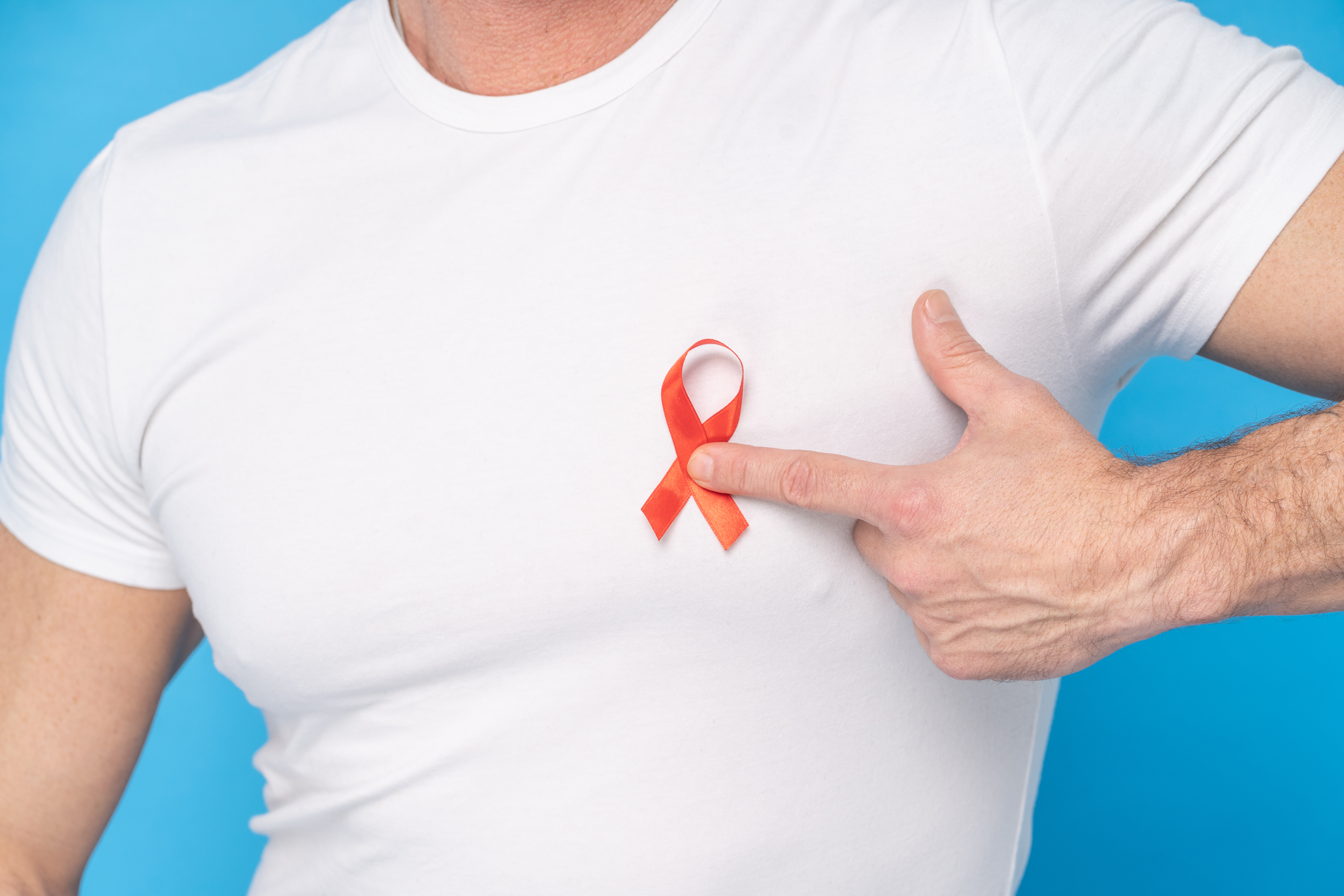What does KYS mean? Know your status HIV



The Human Immunodeficiency Virus (HIV), which causes Acquired Immune Deficiency Syndrome (AIDS), has infected millions of people worldwide. Global prevention and treatment initiatives have tried to reduce the number of people who acquire HIV/AIDS infection each year. But efforts to end AIDS are still hampered by ignorance and misunderstanding.
One of the first nations in the world to start a widespread campaign to test its whole populace for HIV was Lesotho, which did so in 2004. The status campaign was named the "Know Your Status (KYS) Campaign" when it first began.
The objective of the initiative was to spread awareness among individuals to test for HIV infection. The KYS study identified the resource deficit as one of the biggest issues preventing the campaign's full implementation. A lack of funds limited organizational capacity building among culture service providers. Another issue raised was how the KYS campaign's emphasis on HIV care and treatment overwhelmed its emphasis on prevention.
Knowing your HIV status through summative assessments is a method that can help to lower the incidence of HIV transmission. While it is suggested that everyone receive an HIV test at least once in their lives, based on their risk factors, it is more frequently advised that adults receive annual HIV tests.
There are various methods for getting an HIV test. The majority of medical institutions and hospitals may do an HIV test using a blood sample, with results available in a few days. In addition to being aware of your HIV status, you must also understand how HIV spreads and how to reduce your likelihood of HIV transmission.
The most usual bodily fluids via which HIV is spread include spermatozoa, genital or anal fluids, plasma, and breastfeeding. The majority of HIV infections occur as a result of unprotected sexual activity, sharing intravenous needles, or, less frequently, intravenous fluids, delivery, and nursing.
However, the tests cannot detect HIV cells where the cell numbers are lowered due to HIV medication. This means that the cells are lower in number and the person will not transmit the infection.
Since treatment for HIV is largely successful and accessible worldwide, the goal of HIV status neutrality, or HIV neutrality, is to create a society where HIV is not contagious. By offering HIV prevention and treatment choices to everyone, irrespective of health insurance or budgetary constraints, this objective can be achieved.
Antiretroviral therapy (ART) is a drug regimen that can be administered to an HIV+ patient to lower their viral load. HIV naturally replicates in the body by engulfing healthy immune cells that are attempting to combat it. ART prevents HIV from procreating, preventing the creation of new virus cells.
Read more: What are HIV mouth symptoms?
Many tests are used that test your blood to determine whether you are infected or not. Finding out about the infection quickly allows you to begin treatment right away, improving your health and extending your life. You can also take precautions to prevent spreading HIV to others.
The following tests are used to determine your viral load.
This test uses blood sent to a laboratory by a clinician and can detect the antibodies 20-90 days after infection.
To order a Welzo at-home HIV test, click here.
Antibody tests check for antibodies as well as an antigen, which the virus produces before your immune response may begin producing antibodies to kill the virus. Using a blood sample drawn from your body, the antibody/antigen test can detect HIV 18–45 days after the person's HIV exposure.
This short test is simple to perform in your own house. You can easily take an oral fluid sample to test for HIV antibodies by gently rubbing a swab in the space between your gums and teeth. The fast oral test is extremely reliable if you've had the virus for some time. Nevertheless, the test won't be as accurate if you have a recent infection, even if you picked it up recently.
A urine test is not accurate as a blood test. However, a positive HIV test result can detect antibodies in urine.
This test can detect the virus itself, not antibodies. This is also called the HIV RNA test. If you don't have symptoms and the doctor doesn't think you have a previous infection, you generally won't have this diagnostic test. It's most frequently used to monitor how patients who already have possible exposure to HIV react to the medication.
You can prevent an HIV infection in the following ways.
There are condoms for men and women which you can use while doing intercourse. They are available in a wide range of shades, substances, sensations, and flavours. Engaging in safe sex is one of the most prevalent ways to prevent HIV infection.
Pre-ejaculatory fluids, vaginal fluids, and the anus are ways HIV can be transmitted from an infected person to others. Condoms can prevent the interchange of these secretions.
Read more: Can you get HIV from kissing?
If you share needles, you may contract hepatitis C and other blood-borne viruses like HIV.
It's critical to avoid sharing needles, injections, forks, brushes, or other equipment used during routine treatment.
Therefore either disposable instruments should be used or the instrument should be properly sterilized.
As part of regular prenatal screening, you will be recommended a blood test to determine your HIV status if you are pregnant.
HIV can be transmitted to your new-born baby during pregnancy, childbirth, or nursing if it is not treated completely.
HIV medication can lower the virus load, making them unable to transform into another person. It is given as a tablet and should be taken before having sex or contracting with HIV positive person.










Plus get the inside scoop on our latest content and updates in our monthly newsletter.